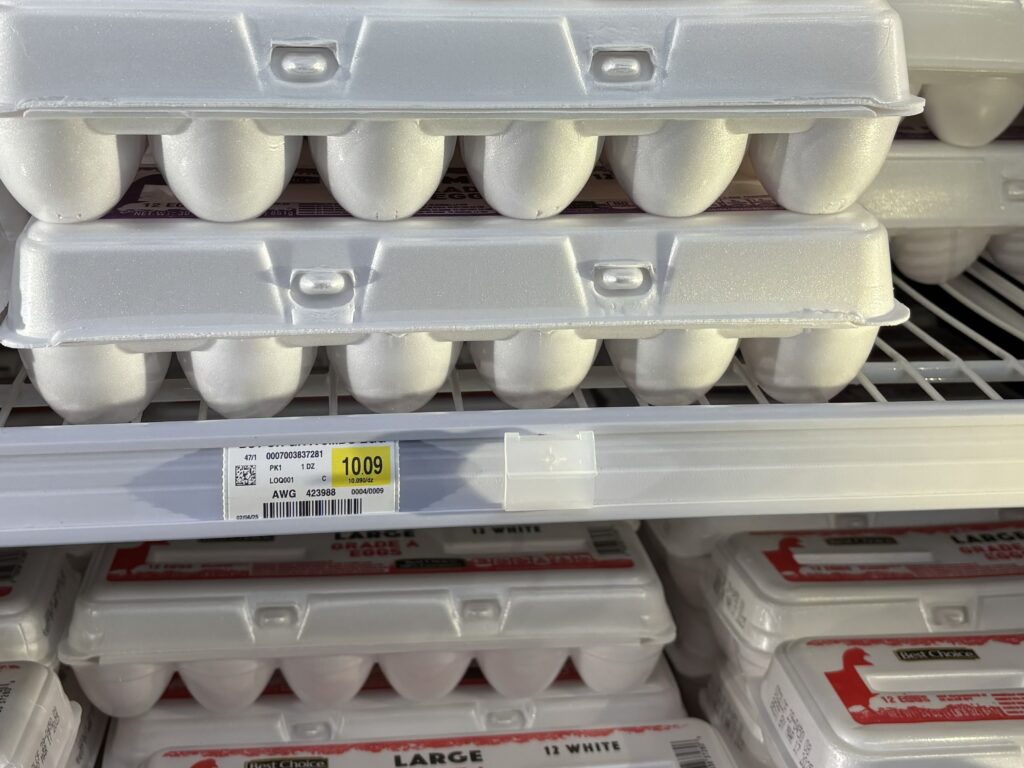Today Family Farm Action Alliance released a comprehensive, first-of-its-kind report titled “The Truth about Industrial Agriculture: A Fragile System Propped up by Myths and Hidden Costs,” which reveals the devious practices of large, monopolistic agrifood corporations in well-researched detail. The report illuminates what industrial agrifood corporations have spent billions on PR campaigns and lobbyists to hide: that their business model relies on taxpayer-funded subsidies to feed intensively-confined livestock with a constant supply of grain crop monocultures. This is called the “feed-meat complex,” and it is antithetical to a diversified, competitive food system.
Released alongside a companion summary, the report is a tool to educate policymakers, advocates, and the public about the impact industrial agriculture corporations have on the U.S. food and agriculture system. The report was authored by Emily M. Miller, Research and Policy Manager for Family Farm Action Alliance, with contributions from Dr. John Ikerd, Professor Emeritus of Agricultural Economics at the University of Missouri.
“Time and time again family farmers, rural communities, and good food movement advocates have pushed to shift government support away from industrial agriculture and toward a more resilient and equitable system,” said Joe Maxwell, President of Family Farm Action Alliance. “Time and time again, we have failed — because Big Ag controls the narrative. Our report offers a playbook to counter Big Ag’s deception and finally break their stranglehold on our food system.”
The report documents the mechanisms agrifood corporations use to avoid paying for the consequences of their business model, thereby passing along the total cost of production to producers, workers, consumers, rural communities, and American taxpayers. The report then dismantles the myth-based marketing campaigns deployed by agrifood corporations to insulate their business model from transformative change: these falsehoods persuade consumers and policymakers alike that there is no alternative.
“If we required industrial agriculture corporations to pay their fair share, they could no longer compete with independent farmers and ranchers,” said Emily M. Miller, Research and Policy Manager for Family Farm Action Alliance. “This report reveals that the current consolidated food system is nothing more than the result of policy choices that prioritized a large, concentrated industry. If we come together to make different choices, we can have a competitive and democratized system that serves the needs of all Americans.”
Media Contact: Dee Laninga, [email protected], 202-450-0094



